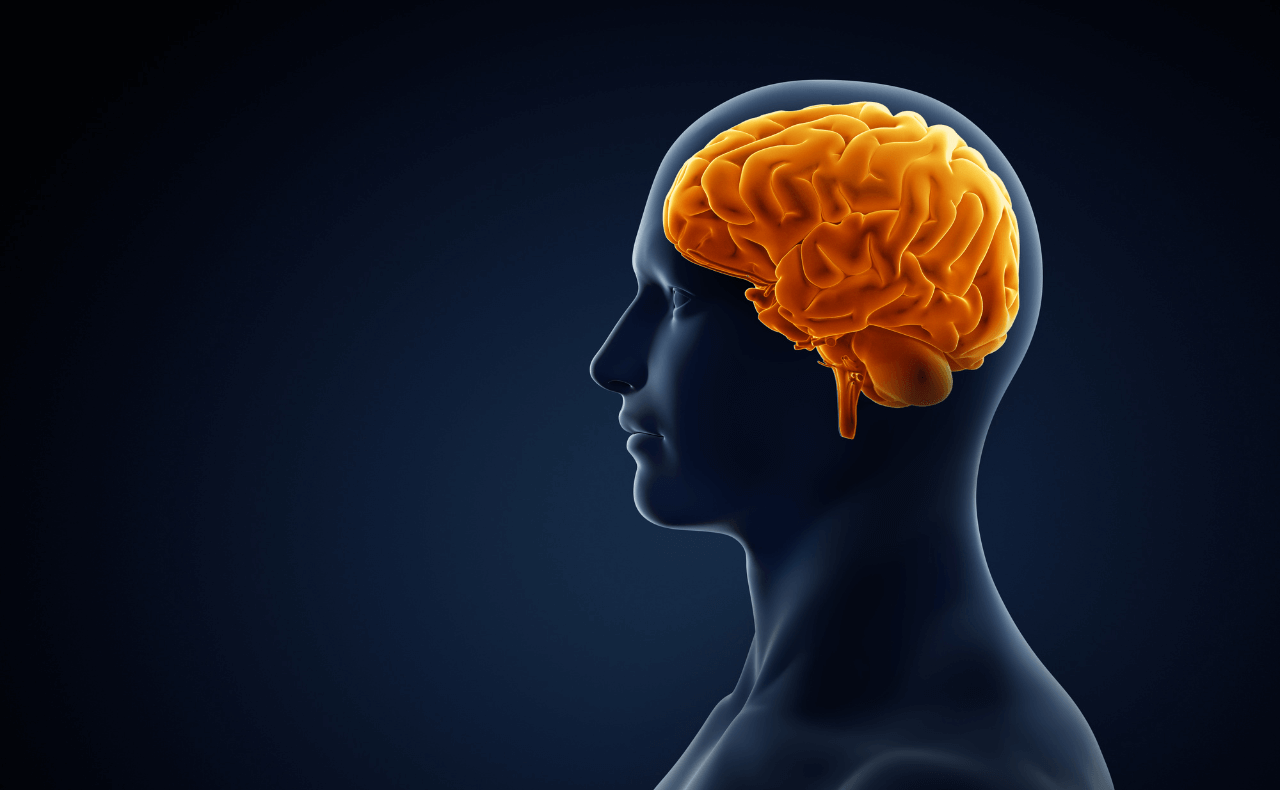Can Psychedelics Rewire the Anxious, Depressed Brain? A Deep Dive into the Science
Finding a delicate equilibrium between the brain's chemical messengers has been the main focus of research into treating anxiety and depression up to this point. That is the basis for the many prescription drugs, including selective serotonin reuptake inhibitors (SSRIs)Trusted Source.
However, research on hallucinogenic substances has revealed that these substances can facilitate "talking between" neurons in the brain through the use of chemical messengers called neurotransmitters. Psychedelic therapy for mental health treatment is popular after its decrimanlisation in some of the states. In 2019, the US food and drug authority approved the use of ketamine as an antidepressant. Health practitioners are using psilocybin for anxiety and MDMA for mental health treatment and this type of psychotherapy is growing in popularity.
Do you know rewiring a depressed brain with psychedelic therapy is easier, safer, and long-lasting! Let’s find out how psychedelics for anxiety and depression treatment stand out in this article.
How to Rewire an Anxious Brain?
Treatment through psychedelics for anxiety and depression follows a constructive route inside the brain and leads to neuroplasticity.
Psychedelics and serotonin receptors: The rewiring of the brain starts after consuming psychedelics dosage under control setting. After that the “Happy Hormone”, Serotonin regulates psychological states like contentment, happiness, and optimism as well as bodily processes like sleep and sexual desire. Serotonin levels are frequently low in patients who suffer from depression, anxiety, post-traumatic stress disorder, cluster headaches, anorexia, smoking addiction, and substance abuse. Psychedelics and serotonin receptors are linked to relieve anxiety and depression as they increase the amount of serotonin that is accessible to brain cells.
BDNF binding: The active component of magic mushrooms, psilocin, and the hallucinogenic substance LSD attach to brain receptors. BDNF can be defined as a key neuroplasticity agent, to produce their antidepressant effects. As a result, psychedelics for anxiety and depression healing bind to receptors for the neurotrophic factor (BDNF) molecule. The process by which the connections in the brain change and form new ones is known as neuroplasticity.
Classic psychedelics have a profound impact on how brain systems synchronise, or move and groove together, which is one of their most intriguing features.
Neuroplasticity and psychedelics: Research has examined neuroplasticity as a significant component of antidepressant effect.
Neuroplasticity and psychedelics are connected as an antidepressant therapy guards against pathoplastic neurohistological and neurocognitive alterations brought on by stress. In stressed species, antidepressant medication also restores functional neuroplasticity, which likely promotes re-adaptation through memory and learning processes.
Arborisation or New neuronal connections: Research, new connections between neurons in the brain—like branches of trees extending towards one another—encode new abilities, memories, and attitudes. Arborisation is even the term used by neuroscientists to describe the growth pattern. Dendrite growth aids in the formation and later settling of new neural circuits in the brain, enabling us to establish stronger connections.
How Psychedelic Therapists Retrain Your Brain from Negative Thoughts?
The psychology of talk therapy and the potency of psychedelic experiences are combined in psychedelic-assisted psychotherapy. Including talk therapy during the preparation phase in psychedelics for anxiety and depression works to promote positive thinking. When the hallucinogenic drug psilocybin is used in combination with psychotherapy, researchers have documented instances when participants report having profound, individually changing experiences following a single six-hour session. Patients worried about their cancer's progression, for instance, have found relief and an unanticipated acceptance of their impending death.
Only consuming selective serotonin reuptake inhibitors did not increase brain connectivity, and it actually did not improve well-being as much as psilocybin. Now for the first time you’ve got the brain science lining up with what patients say after a trip that they feel more connected. They are able to think more freely. Psychedelics for anxiety and depression help them to escape from negative thoughts easily.
Summary
Our minds are remarkable biological devices, but they can malfunction like any other. Chronic stress and depression are one of the largest psychological spanners that can be put into our brains. Numerous detrimental psychiatric problems can result from these protracted episodes of anxiety. The term "mind-altering drugs," which is sometimes used disparagingly to refer to medicines like psilocybin for anxiety and MDMA for mental health treatment, actually be the right therapy to rewire your anxious brain. Psychedelic therapy leads to neuroplasticity including an altered state of consciousness to deal with depression. The research provides astounding scientific proof of the healing potential of psychedelics for anxiety and depression. New evidence reveals that they may have a therapeutic role by rewiring the communication between the immune system and brain.
Frequently Asked Questions
Q.1 How neuroplasticity and psychedelics work as an antidepressant?
When combined, an important amount of evidence shows that psychedelic drug activates attach to the brain receptors and works as an antidepressant by causing neuroplastic alterations in the brain.
Q2. Is my brain damaged from anxiety?
Anxiety and chronic stress leads to impaired effects on the hippocampus, and degenerative changes in your brain.
Q3. How to shrink your amygdala?
The amygdala, the little almond-shaped centre of emotions and motivation, enlarges and becomes hypersensitive with extended periods of anxiety. The hippocampus, a structure important in memory and learning, decreases as a result of the stress brought on by ongoing anxiety.
Q4. How long does it take for the brain to heal from anxiety?
It depends on the person, severity, and type of the treatment. However an immediate improvement after a single session has been found with psychedelics for anxiety and depression.


